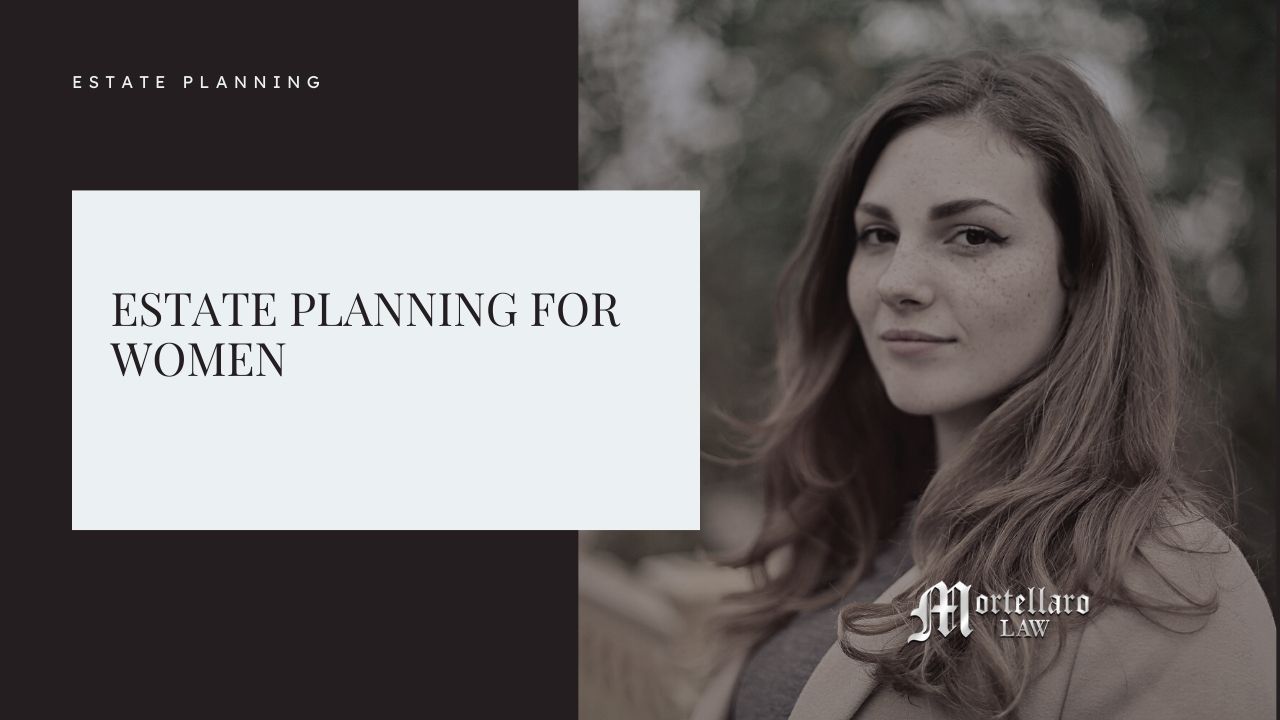Retirement can be quite different for women than men, so they need an estate plan tailored to their needs. Women face unique challenges in protecting their assets, choices, and the people they love. That means they also have unique requirements for planning for their future. That’s why estate planning is critical for women – regardless of age or marital status.
What is an Estate Plan?
First, you do not have to be wealthy to have an estate plan. If you own a home, a car, property, bank accounts, a business, investments, or anything of value – whether large or small – you have an estate. And every estate should be protected.
An estate plan isn’t simply about passing down assets. While an estate plan will include establishing who will eventually receive your assets after you pass away, it also lets you specify how your affairs should be handled if you cannot manage them on your own.
Why Women Should Have an Estate Plan
Too many women wait until a life-changing event happens before they decide to create their own estate plan: the death of a spouse, a marriage, divorce, or a terminal illness. But, having a plan before life trips you up, protects your both your assets and choices.
Women are more likely to be on their own or caring for loved ones during their retirement years. In fact, 36% of women age 65 and older are widowed compared to 12% of men in the same age group, according to 2016 Census data. Additionally, 75% of caregivers are women for extended periods of their lives. Given this longevity and caretaking responsibility, women need to create solid plans for their future needs and their loved ones.
Your estate plan is essential to ensure that your life and death are on your terms. If you don’t have an estate plan and you die or cannot make your own decisions, the State of Florida will take control. That’s called dying intestate or living intestate—both phrases mean the courts will decide how to distribute your assets or who will be appointed to manage your affairs.
Your loved ones might face a lengthy probate process, enormous fees, and stiff taxes. Conversely, having your estate plan ensures your wishes are carried out, gives peace of mind to your loved ones, and can minimize taxes and settlement costs.
An estate plan can also protect you while you are living. If you become seriously ill and are incapacitated, your estate place can make sure your health choices are honored and your financial affairs are carried out as you intend.
Estate Planning Documents to Consider
Some common estate plan documents include:
- Wills and Trusts are tools designed to pass on assets after death
- Advance Directives, such as a Health Care Surrogate, Durable Power of Attorney, or Florida Living Will, which help you have a say in your finances or medical treatment when you are not physically or mentally able to make those decisions
Wills and Trusts
A will is a legal document that spells out your wishes for asset distribution after your death and the care of your children. It’s the piece of an estate plan that most people think of first. A trust can hold investments, cash, real estate, and other assets to be distributed in the future, but it can also be used to take care of your assets while you are living.
Advance Directives
Advance directives explain how you want decisions to be made when you’re too ill to speak for yourself. One such document is a healthcare surrogate (also known as a healthcare power of attorney). You appoint to discuss your medical care with your doctors if you are in a condition where you cannot make decisions for yourself.
Another type of advance directive is a power of attorney, which gives legal authorization for a designated person to make decisions about your property, finances, or medical care. Adding durable to a power of attorney means that the document stays in effect if you become incapacitated and unable to handle matters on your own.
There’s also the Florida Living Will, a legal document that sets forth your preferences regarding medical care, such as your request for or refusal of medical treatments and procedures and the optional appointment of a trusted healthcare agent.
Be Prepared with an Estate Plan
Estate planning is all about being prepared. Regardless of your marital status or how valuable your assets may be, women need an estate plan to ensure their last wishes will be carried out, and their choices will be honored while they are alive. Reach out to Mortellaro Law, located in Tampa, Florida, at 813-367-1500 to get your estate plan started.






